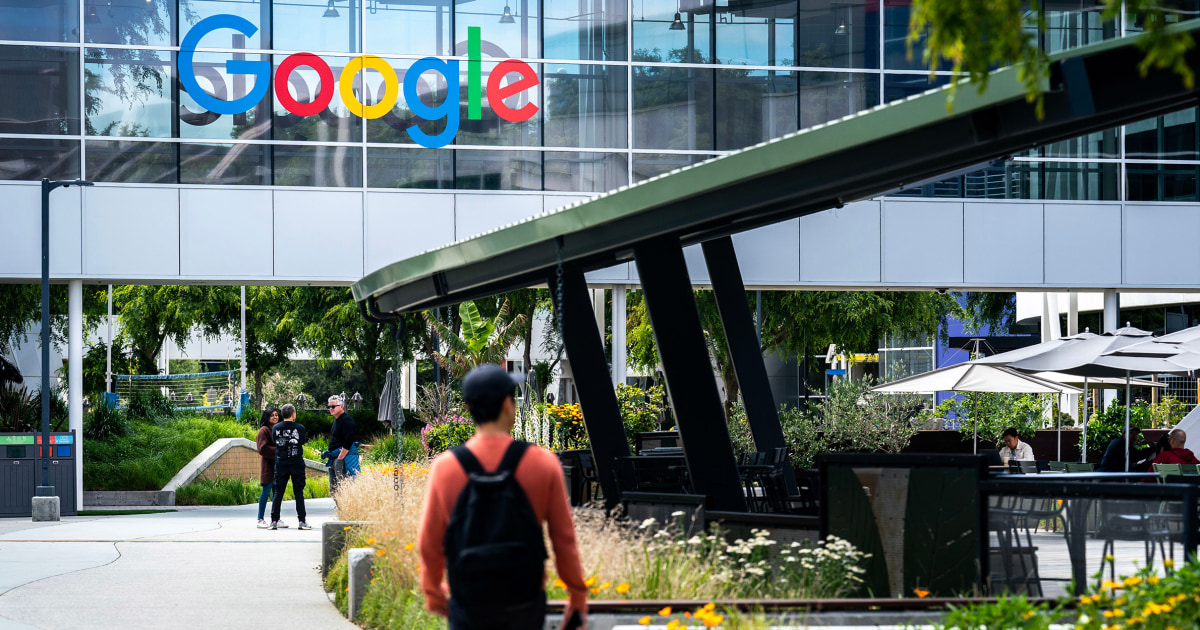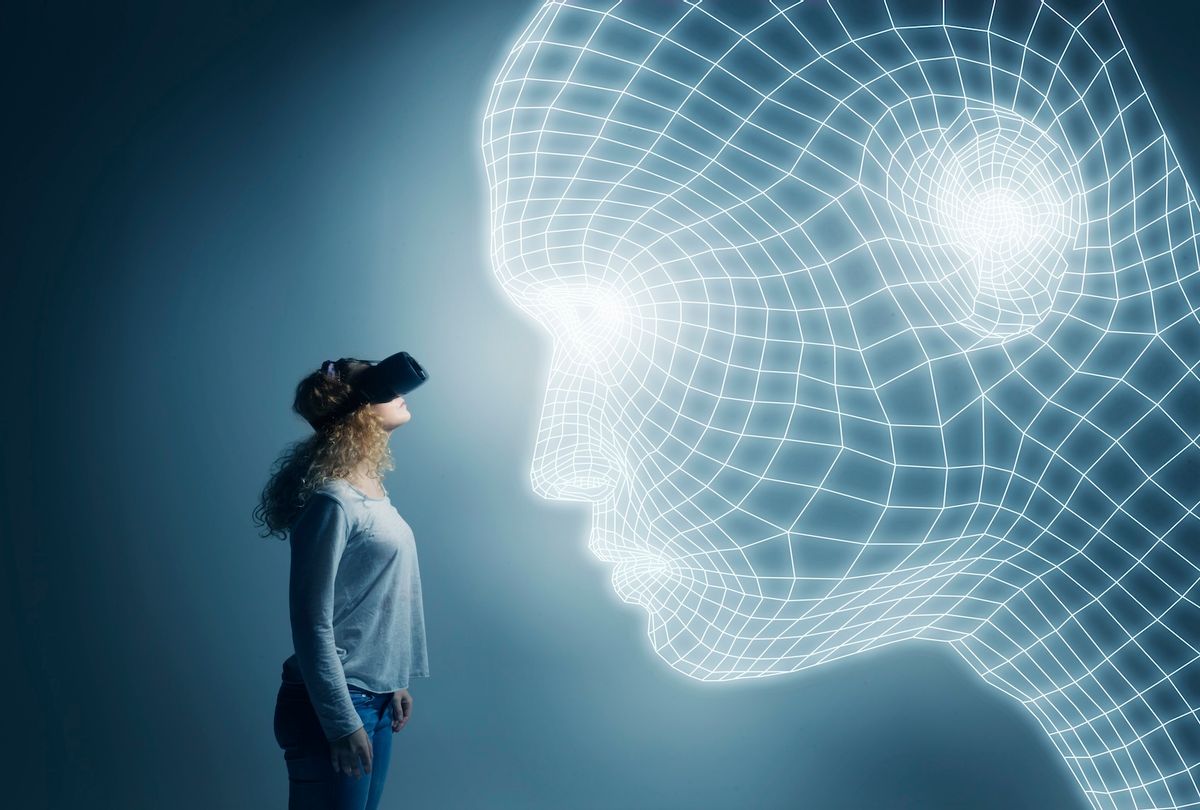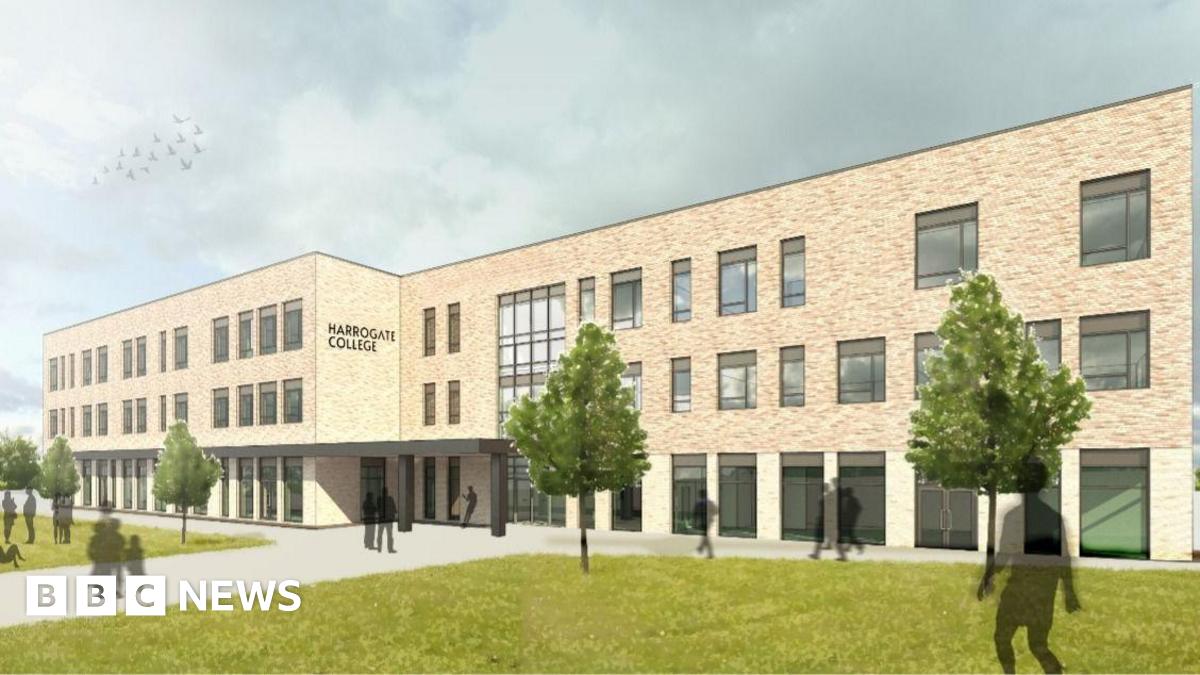Facial Recognition Tech Nabs Escaped Inmates in New Orleans – A Controversial Win?

In a dramatic turn of events, facial recognition technology played a crucial role in the swift apprehension of several escaped inmates from a New Orleans jail. Just minutes after authorities received the alarming news that ten prisoners had absconded on Friday morning, two of the fugitives were identified by facial recognition cameras strategically positioned within the city's vibrant French Quarter.
The rapid identification was a significant breakthrough in the manhunt, allowing law enforcement to quickly focus their efforts. One of the escapees was taken into custody shortly after being spotted by the cameras. While details regarding the arrest and the identities of the captured individuals remain limited, the incident has reignited a heated debate surrounding the use of facial recognition technology and its implications for privacy and civil liberties.
The Escape and the Immediate Response
The escape itself is still under investigation, with authorities working to determine how ten inmates managed to breach security at the New Orleans jail. The incident has prompted a thorough review of security protocols and procedures within the correctional facility. The Louisiana State Police were immediately alerted, launching a widespread search across the city and surrounding areas.
Facial Recognition: A Double-Edged Sword
The use of facial recognition technology in this case demonstrates its potential for law enforcement in quickly identifying and apprehending suspects. However, the technology is not without its critics. Concerns have been raised about its accuracy, particularly when identifying individuals from marginalized communities, and the potential for misuse and mass surveillance. Civil rights advocates argue that widespread deployment of facial recognition technology could lead to discriminatory targeting and infringements on personal freedoms.
“While we are relieved that some of the escapees have been apprehended, this incident underscores the need for a serious and transparent discussion about the ethical and legal implications of facial recognition technology,” stated a representative from the American Civil Liberties Union (ACLU) in a released statement. “We must ensure that this technology is not used to erode our fundamental rights.”
The Broader Context of Facial Recognition Debates
The New Orleans incident comes at a time when cities across the United States are grappling with the use of facial recognition technology. Several municipalities have already implemented bans or restrictions on its use by law enforcement, citing concerns about privacy and potential for bias. The debate is complex, balancing the desire for public safety with the protection of individual rights. The effectiveness and ethical considerations of the technology are constantly under scrutiny.
What's Next?
The search for the remaining escaped inmates continues, and authorities are urging the public to remain vigilant. The incident is likely to further fuel the ongoing debate about the role of facial recognition technology in law enforcement and the need for robust regulations to govern its use. The New Orleans case serves as a stark reminder of the power and the potential pitfalls of this increasingly ubiquitous technology.






